Down to earth: Talking Pinot Noir with Sam Neill
Discover the passion project of one of film's most admired actors...
Organic wines are made from grapes grown without the use of pesticides or chemical fertilisers, and with a minimum of additives in the cellar.
Many of the top producers in Bordeaux, Burgundy and the Loire have led the way in the increasing popularity of this form of wine production.
Quick Link: Biodynamic | Natural
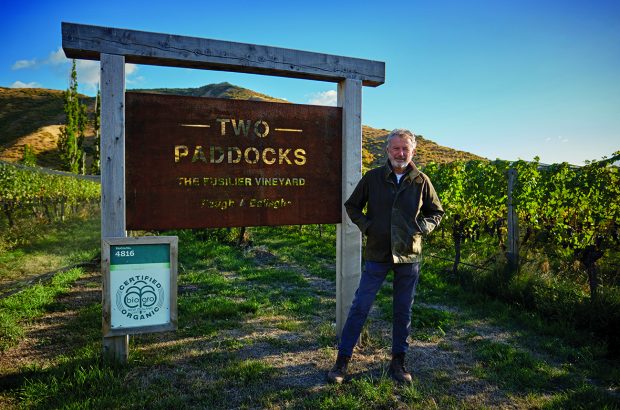
Discover the passion project of one of film's most admired actors...
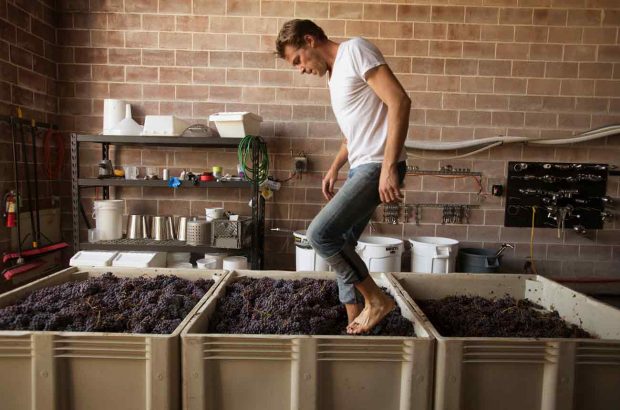
An exploration of the popular term used to described hands off winemaking...
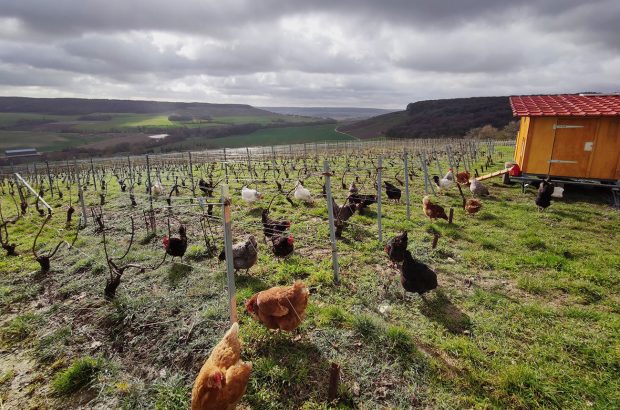
Magnificent Meunier from the Marne...
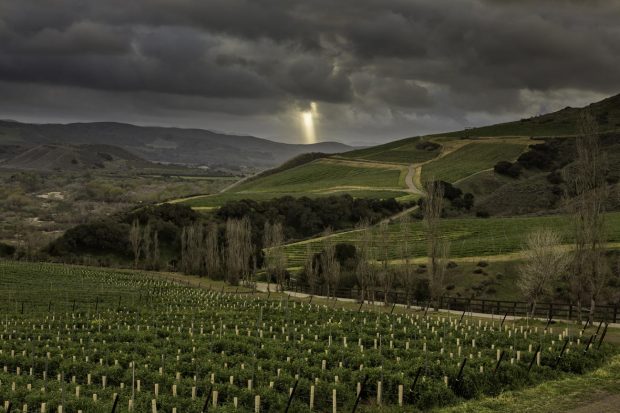
Exploring the history and style of wines from this cult-estate...
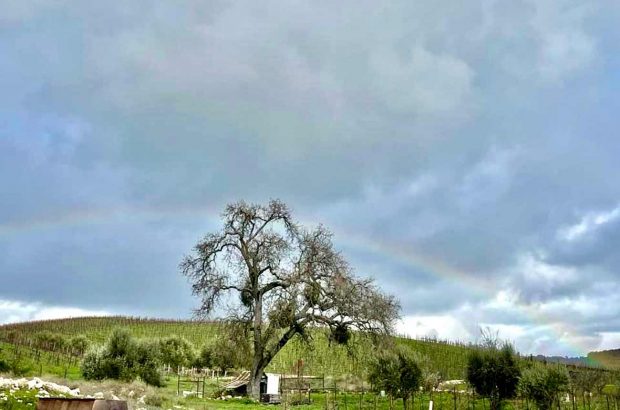
California's wine country sees another welcome rainy winter...

Michaela Morris reports on the industry's sustainability focused conference...
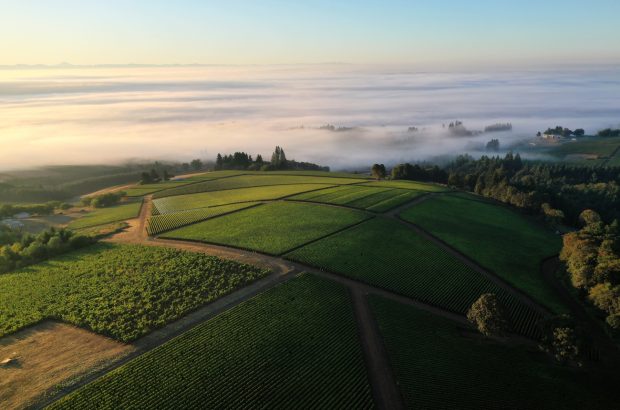
Oregon is crafting excellent Chardonnay in these hills where the Willamette Valley got its start...
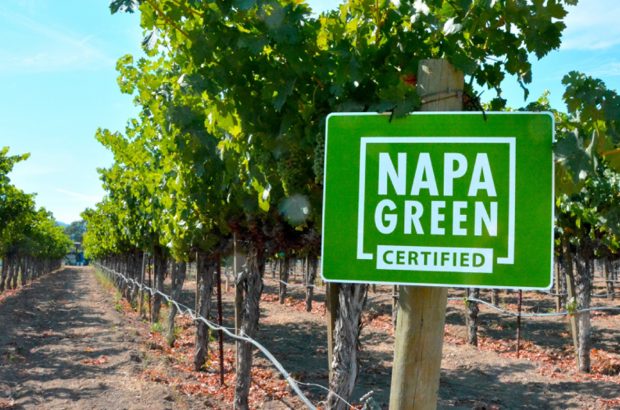
Napa Valley's sustainability certification body sets lofty goals...

Kosher fine wines from California's Covenant...

These wines are perfect for the new season, and here's why...

Key trends and the exciting names to know...
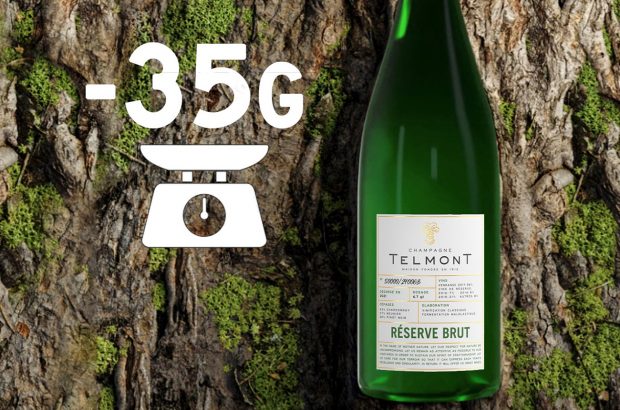
Success for lighter-weight bottle trials...
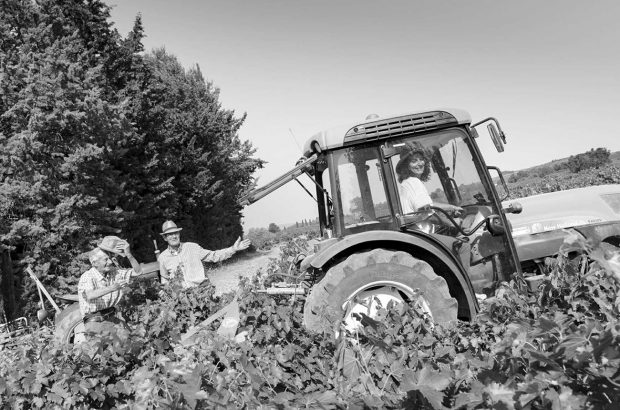
A cooperative success story...
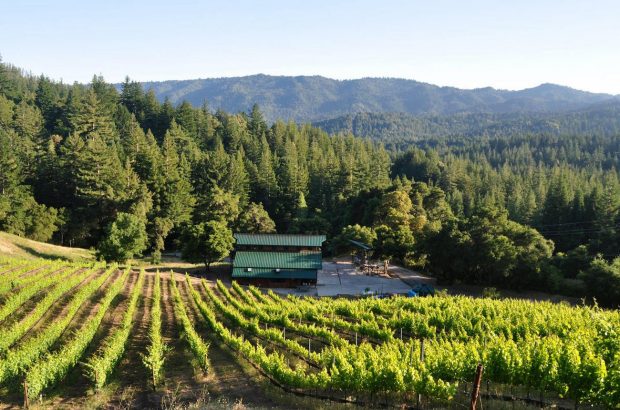
10 wines to try…

Another sea-aged cuvée and a single-vineyard wine...
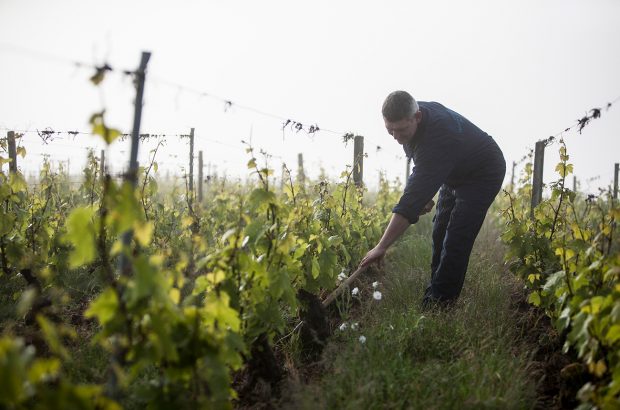
Unique, compelling Champagnes that should be on your radar
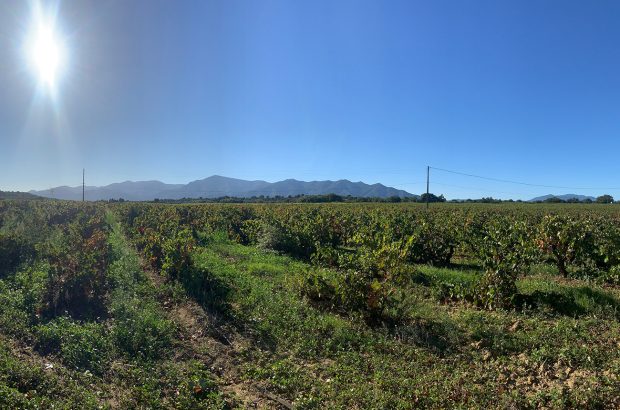
Wallet-friendly whites, reds and rosés...
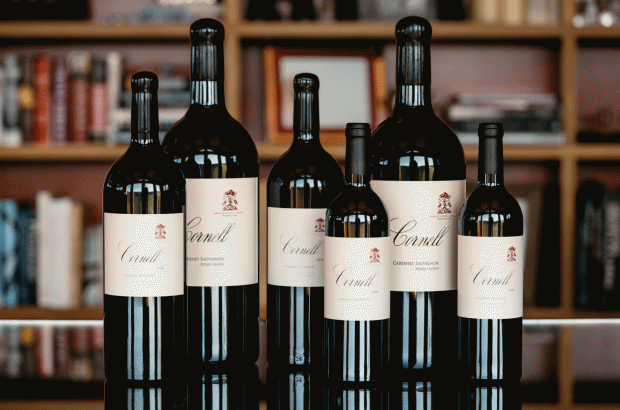
A full vertical of these collectable Spring Mountain Cabernets, from 2013 to 2018…
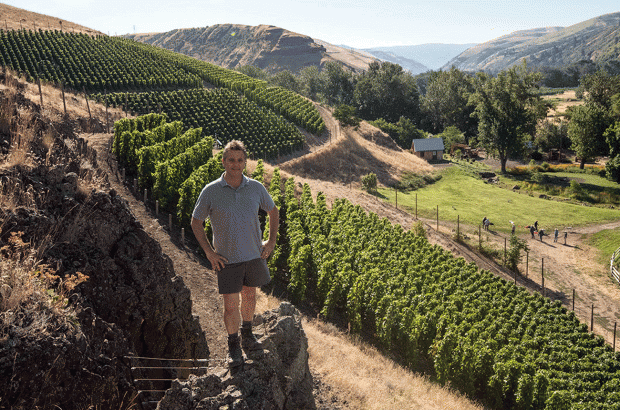
Cayuse, Horsepower, Hors Catégorie – and Champagne…
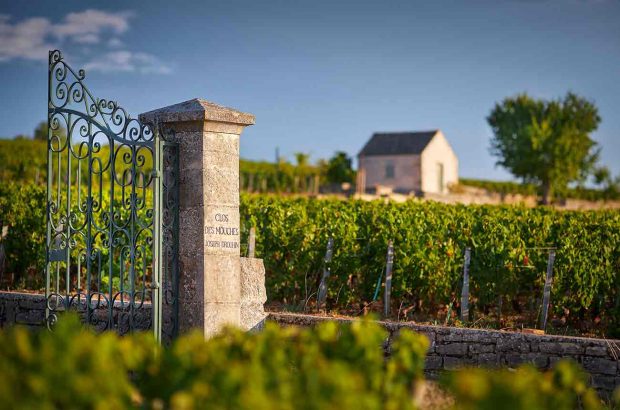
Charting the history of this exceptional vineyard...
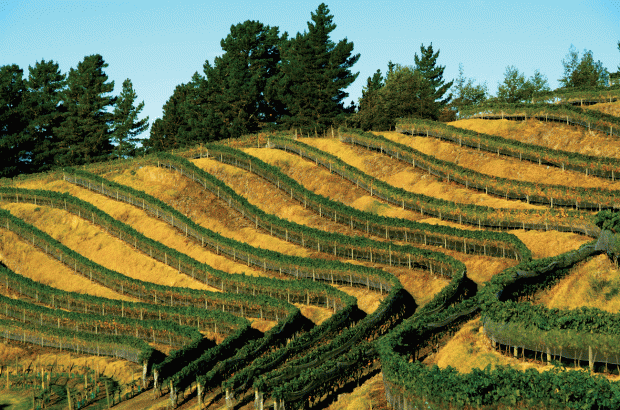
An exclusive tasting of this premium New Zealand Bordeaux blend…
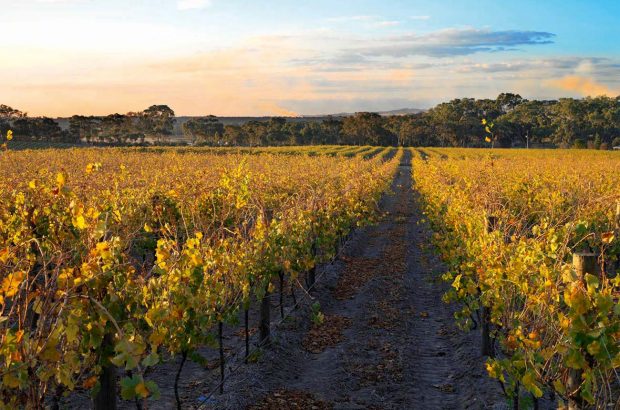
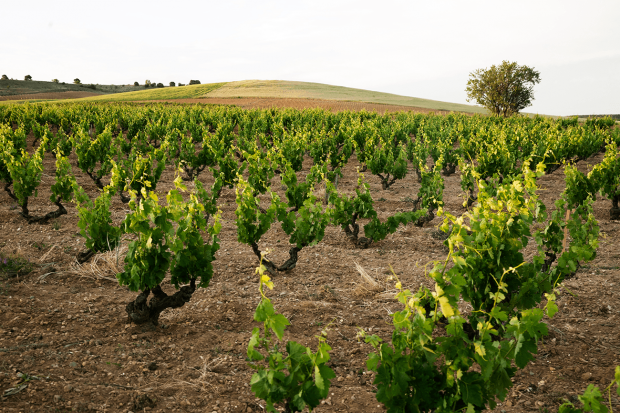
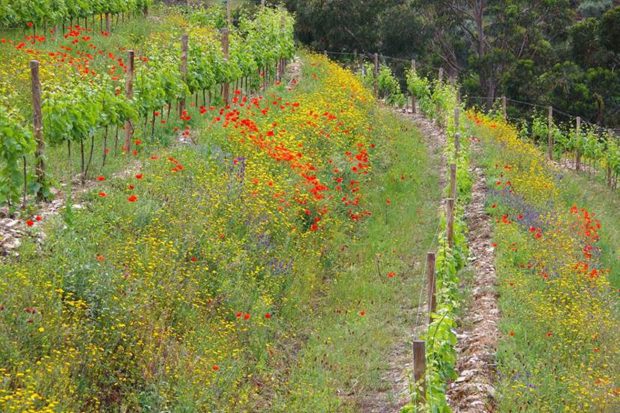
An online debate around the carbon footprint of organic and biodynamic viticulture...
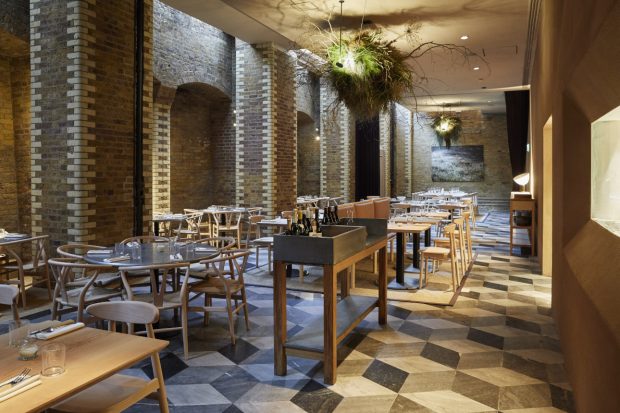
Decanter review of the food and wine at Sir Terence Conran's sustainable restaurant in Shoreditch, London
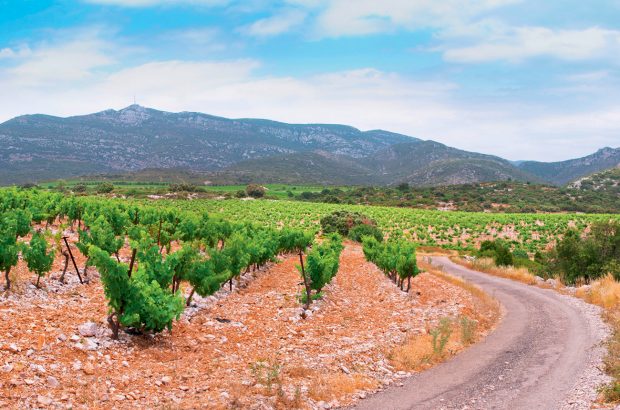

Let us do the searching for you...
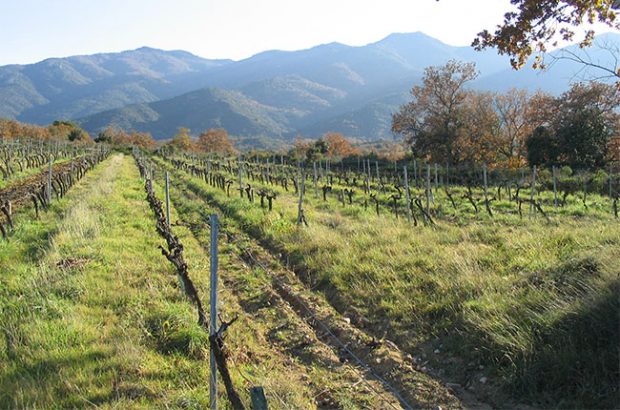
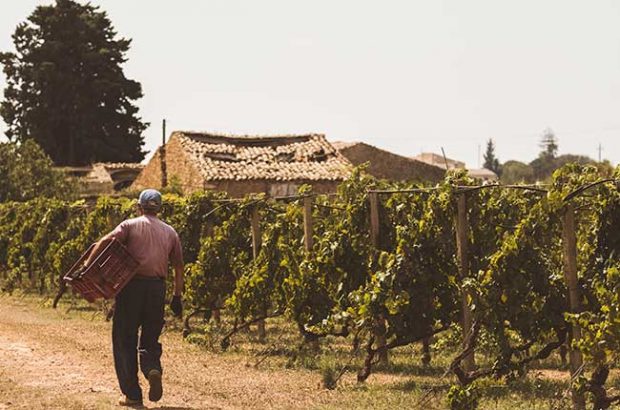
Read a profile and notes on this estate's first wines...

Jane Anson picks out 30 great organic and biodynamic buys, all under £30